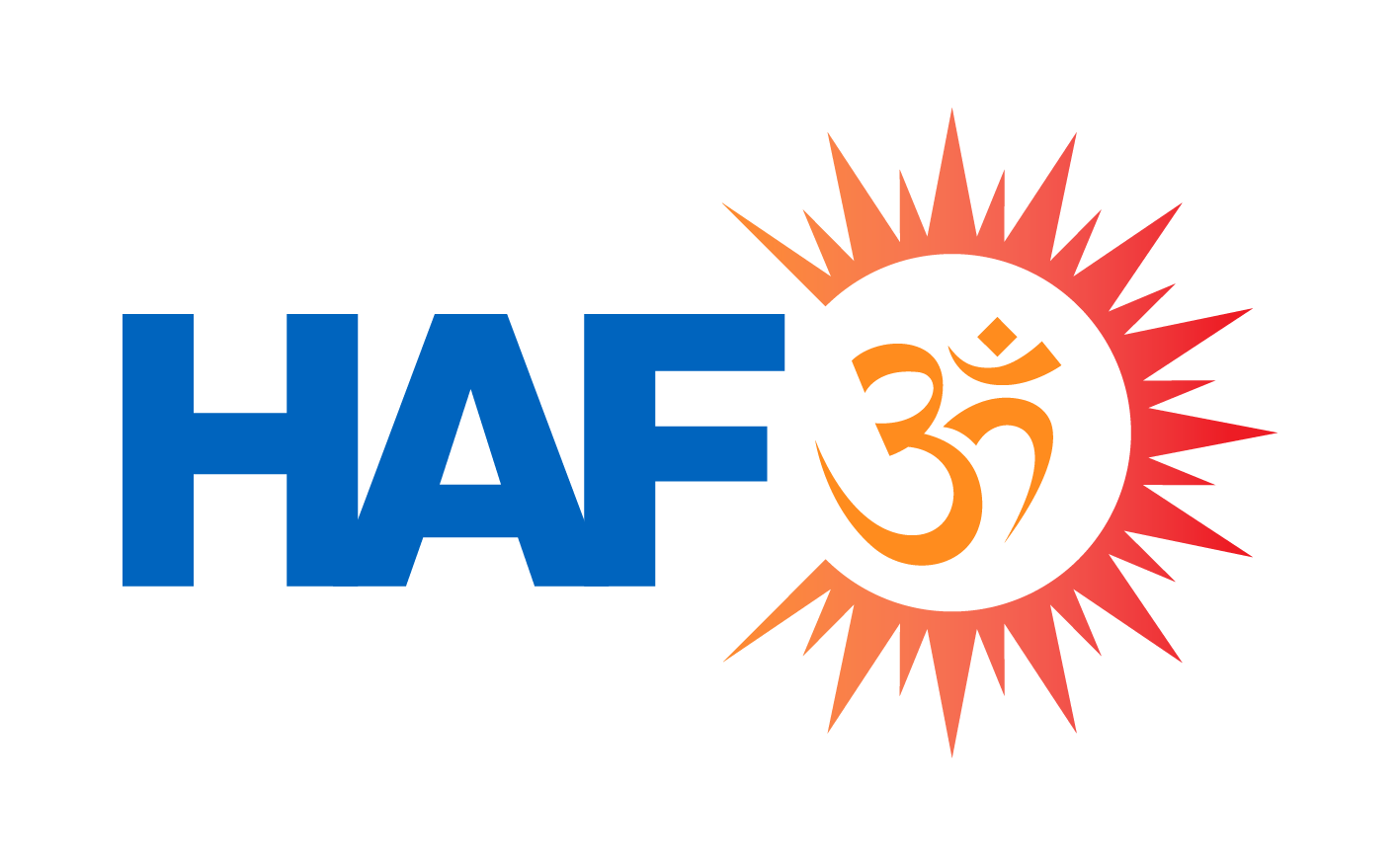In 2004, the organization took part in a court case challenging the public display of the Ten Commandments in Texas, where it has appeared as amici curiae (friend of the court). It argued that the display represented an “inherent government preference” for Judeo-Christian religions over others and the state must be reminded of its obligation to maintain religious neutrality.
In 2005, it joined the American Jewish Committee to jointly sponsor a program at Stanford on “countering biases against Hindus and Jews on the College campus.” In a meeting with the American Jewish Committee, Mihir Meghani drew parallels between the asserted endangerment of Hindus in India and that of Jews in Israel, and “the shared risks they face from neighbors with long histories of terrorism.”
In 2007, the Foundation released the first systematic reporting on hatred and bigotry expressed against Hindus expressed online.
In 2008, HAF, along with a coalition of other religious groups, filed a lawsuit and blocked the issuance of Christian themed license plates in South Carolina.
In 2010, the organization launched the Take Yoga Back campaign, as a reaction to the commercialization and secularization of yoga. They contended that yoga was far more than asana (physical postures) and integrally tied to Hinduism, a fact HAF asserted has been sidelined by the modern Western yoga practice and its presentation in the media. In backlash, this message was sometimes interpreted as meaning that yoga could not be practiced outside of Hinduism, inviting criticism from Deepak Chopra and Meera Nanda.
In 2010, HAF published a policy brief on Hinduism and homosexuality, asserting that “ancient Hindu teachings may allow Hindus to more openly embrace LGBT rights and marriage equality.”
In 2010, the organization also published a report on caste, detailing how caste is not an intrinsic part of Hindu theology and that it was a social phenomenon found in all communities of Indian society to this day. The report characterized caste-based discrimination as a major human rights problem, concluding that only Hindus, through reform movements and education, can rid Hindu society of caste-based discrimination. It also castigates organizations like Dignity Freedom Network for arguing that Dalits are not Hindus.
In 2013, HAF joined a coalition of Christian, Jewish, Hindu, Sikh, and Muslim organizations urging the Justice Department investigate the New York City Police Department for discriminatory surveillance of American Muslims.
In 2015, as a part of the Hate Crimes Coalition, HAF participated in the drafting and submission of the edits to an FBI manual to specifically track hate crimes against Hindus, Sikhs and Muslims.
In 2016, HAF along with Indiaspora and other organizations successfully petitioned the United States Postal Service to issue a stamp commemorating the Hindu festival of Diwali.
In 2020, HAF filed a motion to intervene in the case of California Department of Fair Employment and Housing v. Cisco Systems. The organization’s motion alleged that the way in which the State of California defined caste, as a Hindu theological and social hierarchy, was unconstitutional, on the grounds that the State was defining Hindu beliefs for Hindus. As of July 2022, the case is still pending.
In October 2022, HAF sued the California Civil Rights Department (formerly known as the California Department of Fair Employment and Housing) in federal court, reiterating the points made in its motion to intervene, that the state of California is acting in an unconstitutional manner in attempting to legally define Hindu beliefs for Hindus.








































